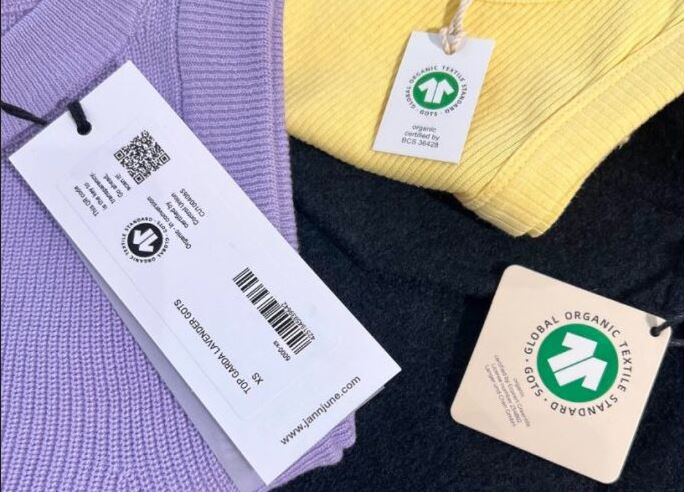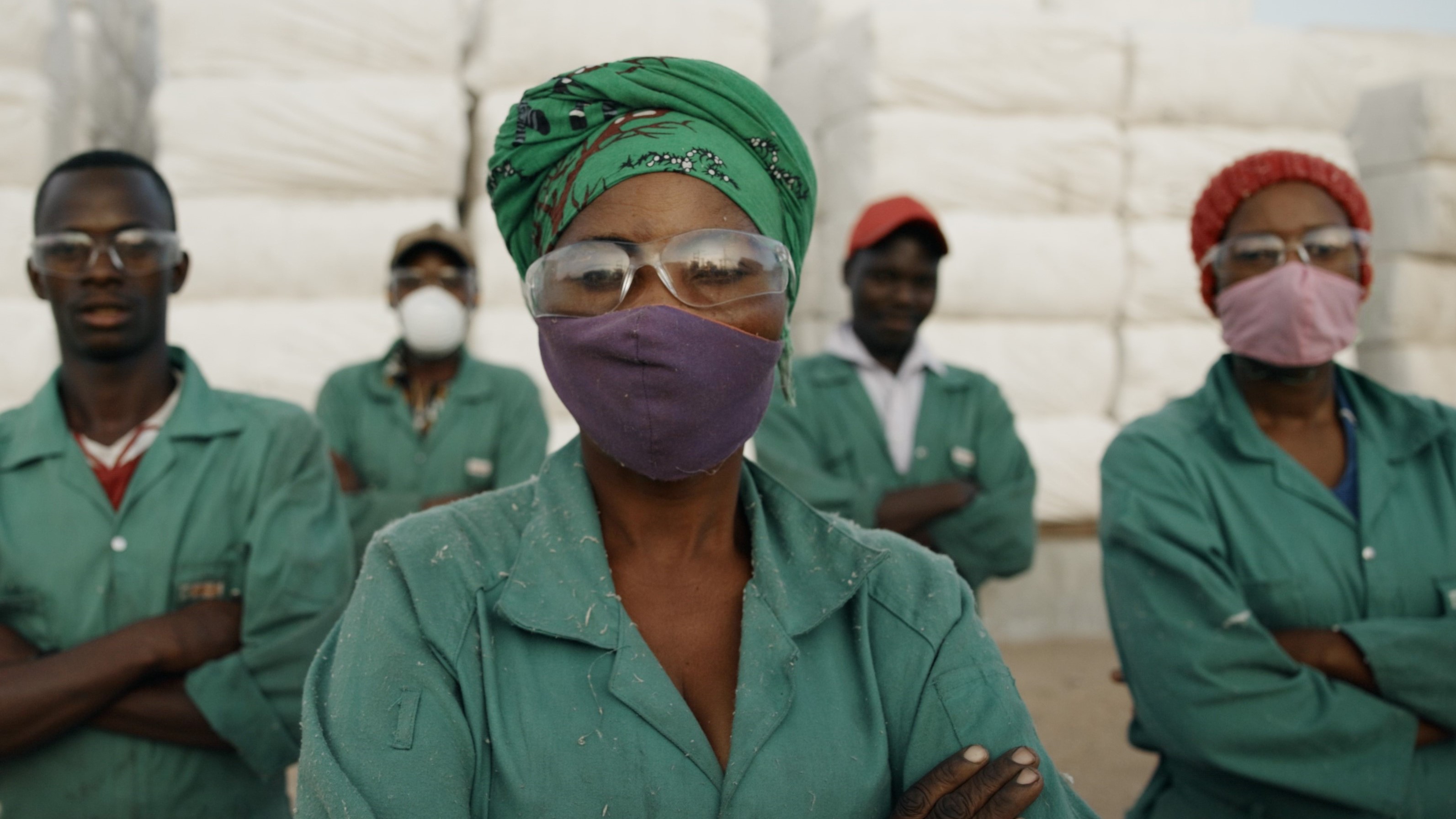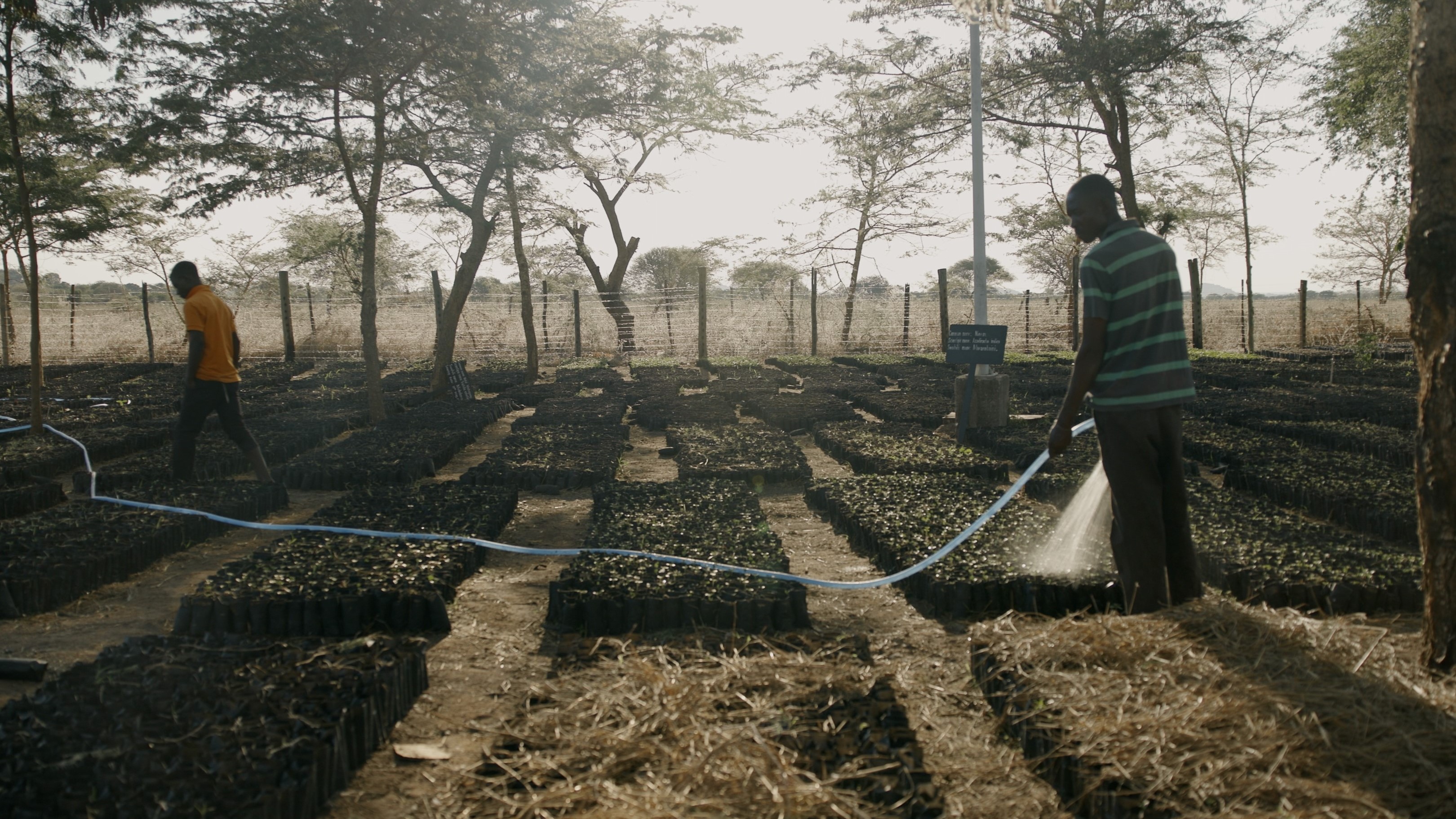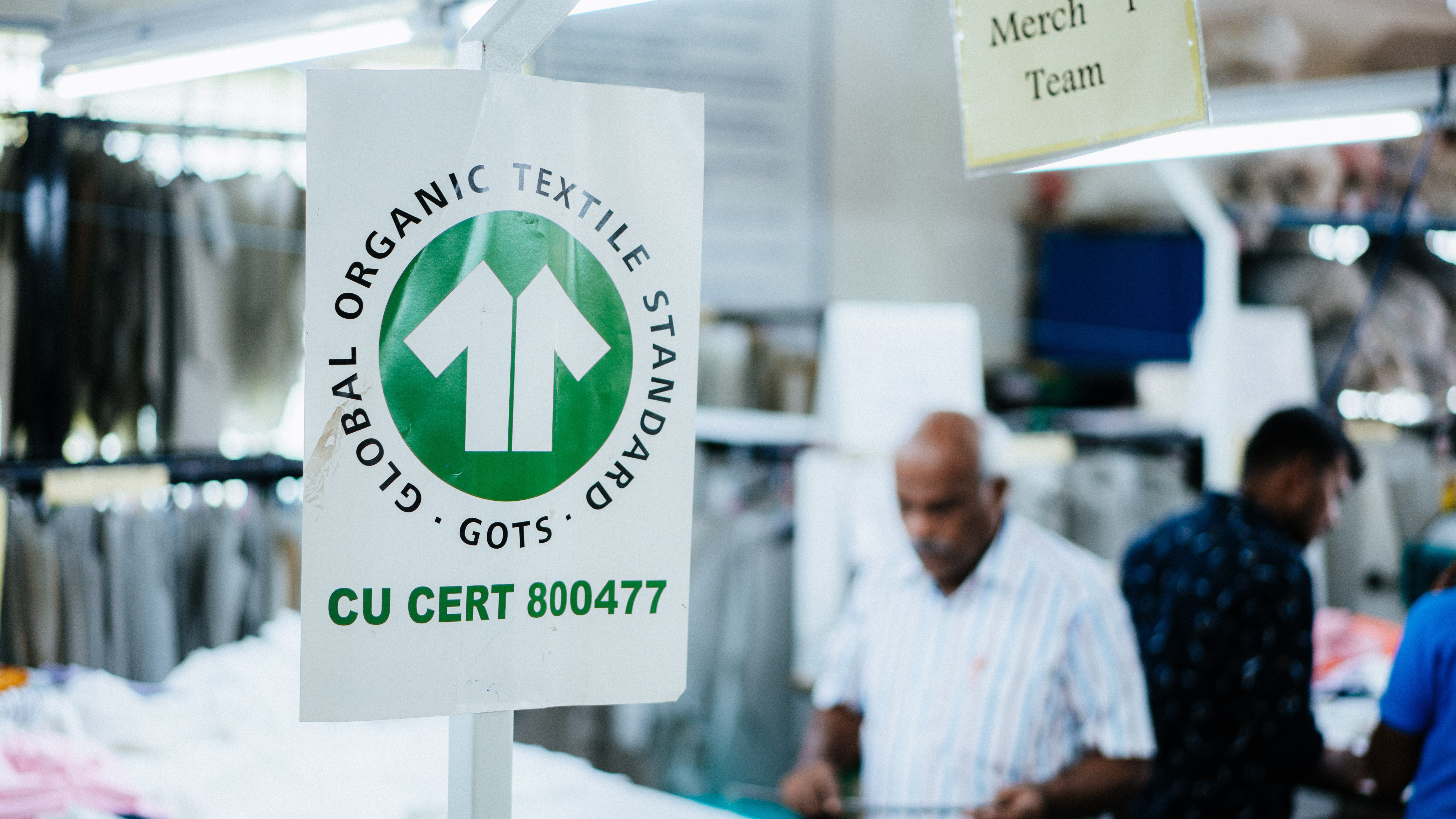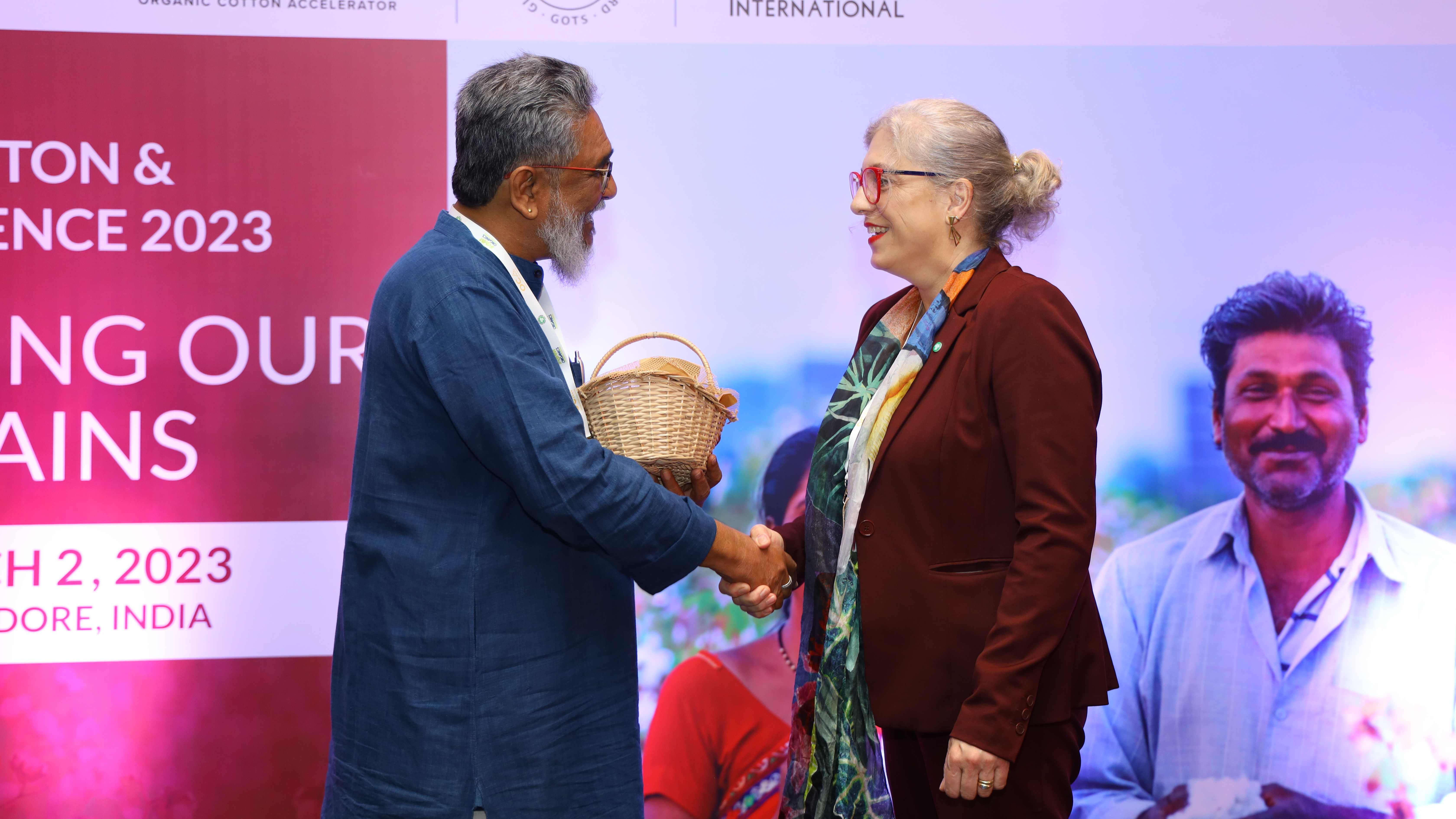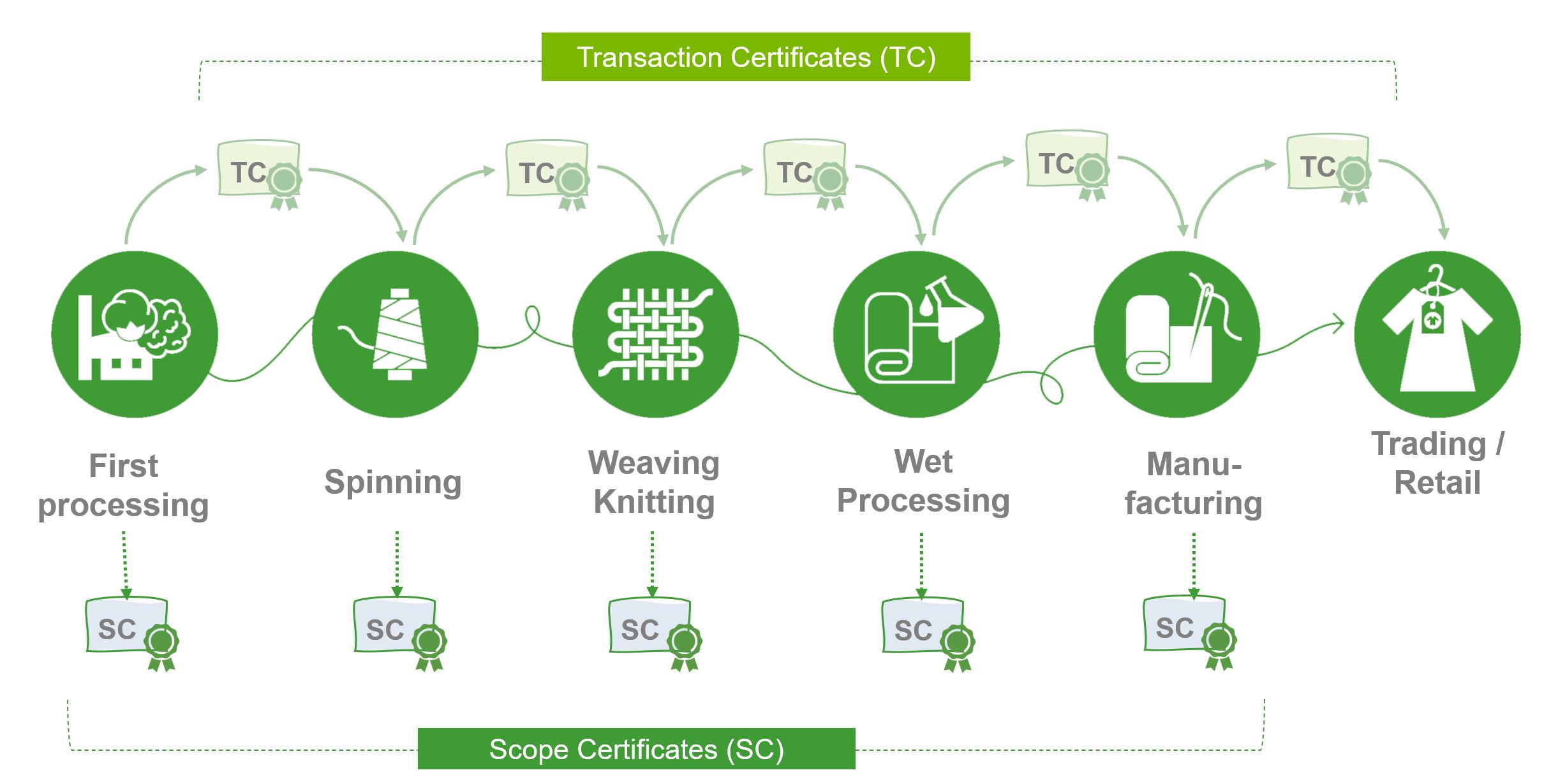Key Features
Key Features
The Global Organic Textile Standard (GOTS) is the worldwide leading textile processing standard for organic fibres, including environmental, human rights and social criteria, backed up by independent third-party certification of the entire textile supply chain.
GOTS certification builds upon the following distinctive and unique key features:
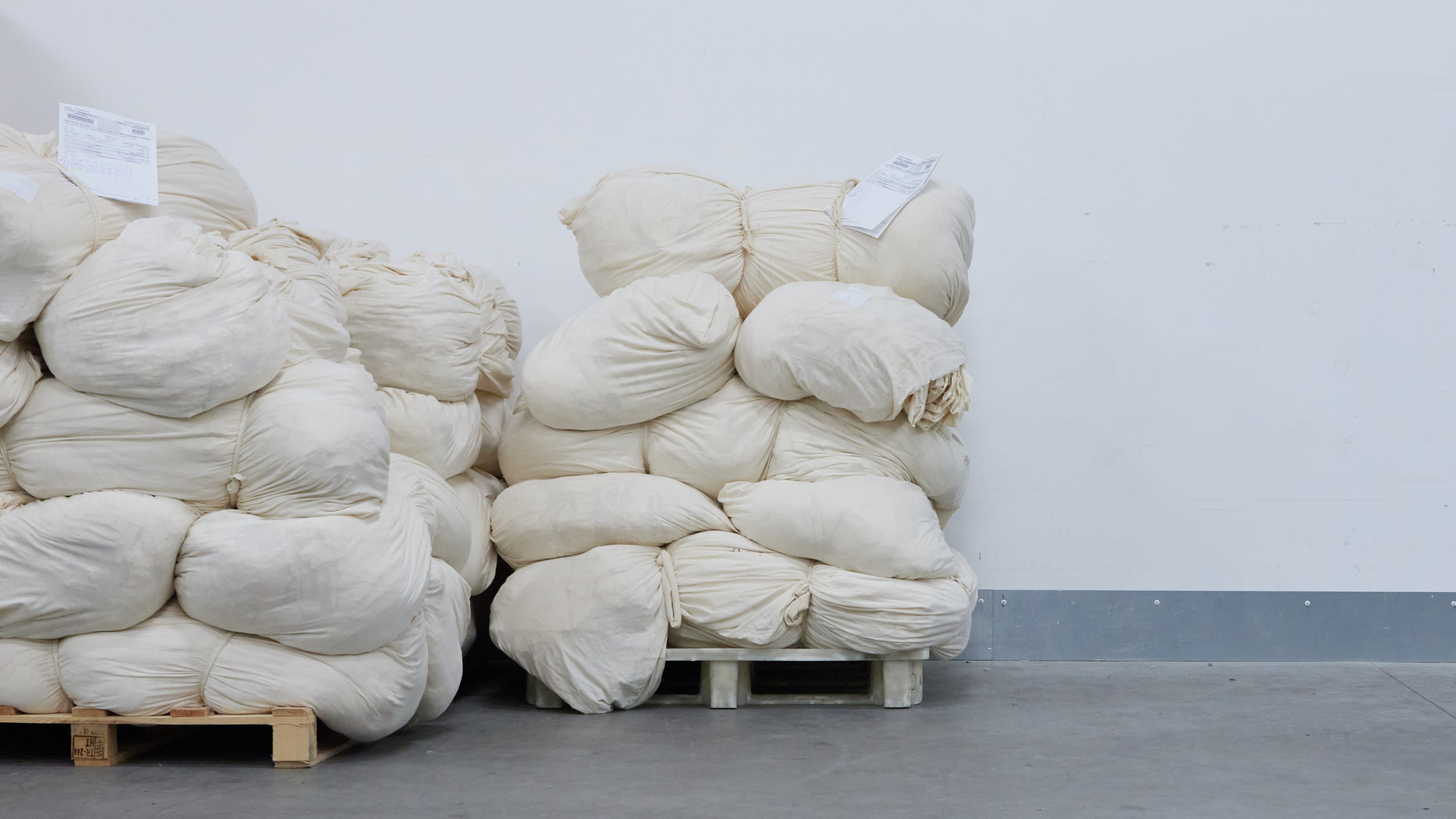
Compliance support +
GOTS helps companies meet international guidelines and regulations through a traceable sustainability framework. The GOTS criteria, including human rights and environmental standards, are applied via a six-step due diligence process and certification. The GOTS Due Diligence Handbook guides certified entities in improving sustainability and aligning practices with regulations.
Organic Fibres
A textile product carrying the GOTS label must contain a minimum of 70% certified organic fibres. Organic fibres are natural fibres grown without the use of synthetic pesticides (such as insecticides), or herbicides and GMOs (Genetic Modified Organisms) according to the principles of organic agriculture. Organic agriculture is a production process that sustains the health of ecosystems, soils and people.
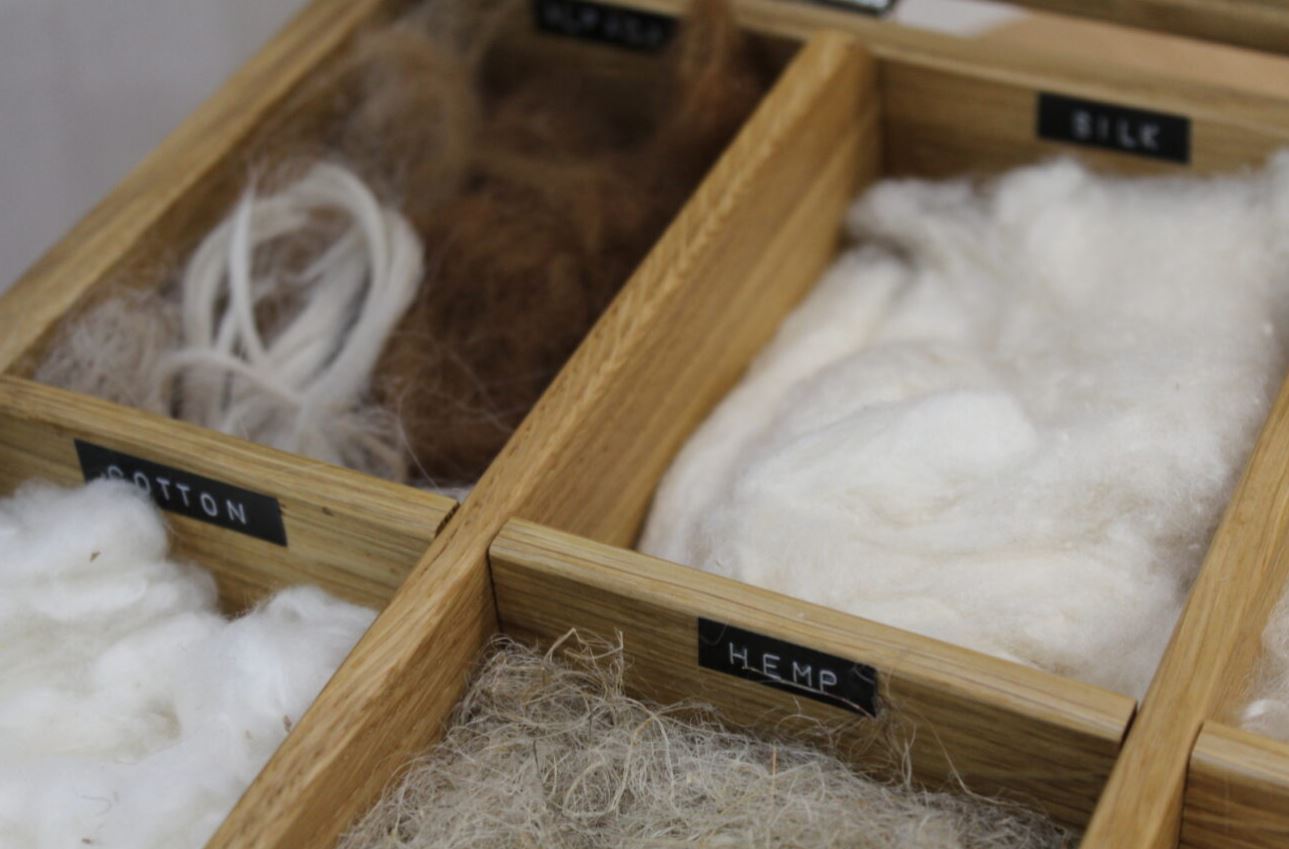
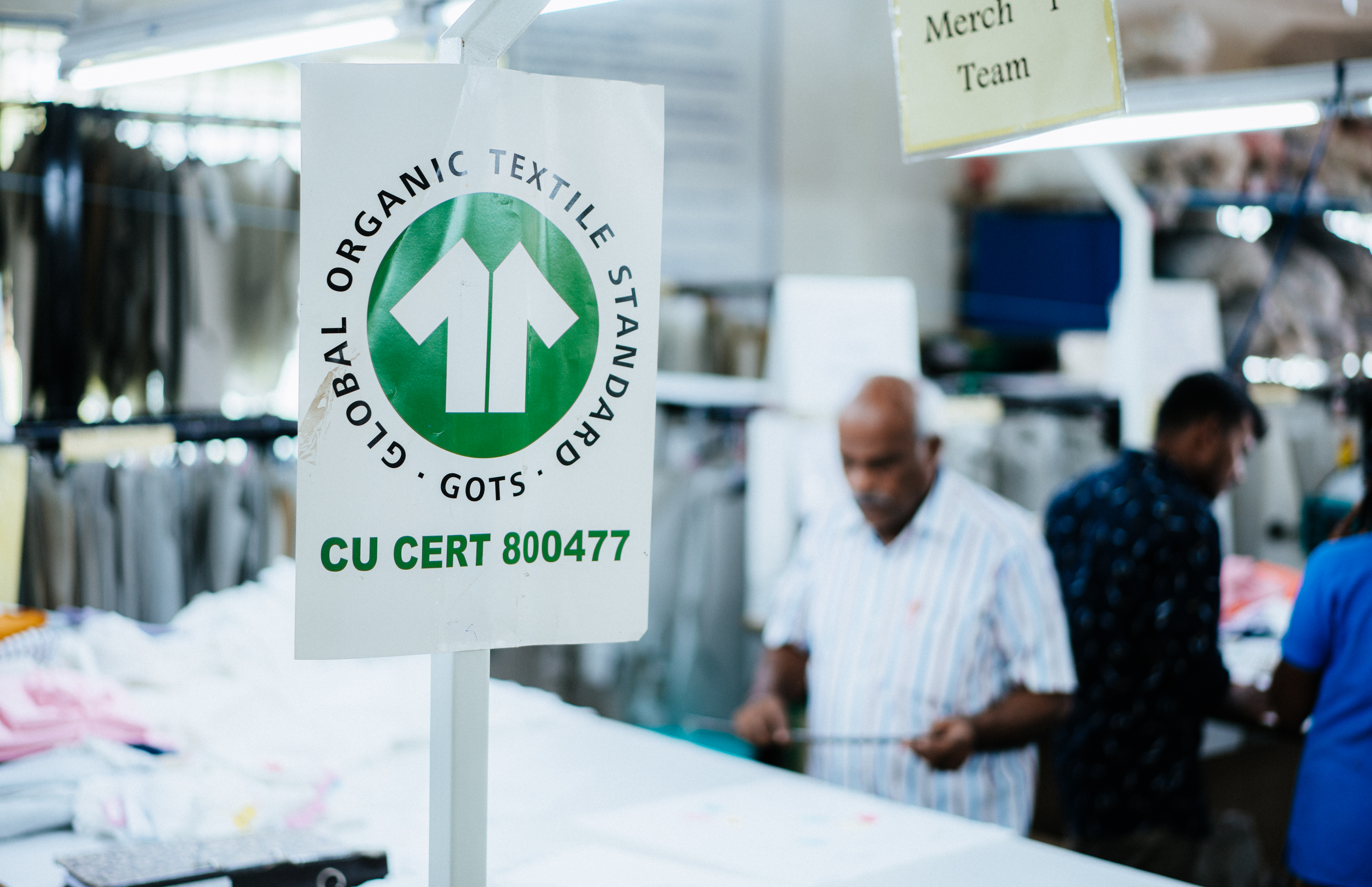
Due Diligence
GOTS is committed to thorough due diligence, offering a structured framework and compliance support to help companies align with global regulations while upholding human rights and environmental standards. By following GOTS 7.0 criteria, companies can identify and mitigate risks, ensuring compliance and fostering trust through ethical and sustainable practices.
Third-Party Certification
On-site inspection and certification of processors, manufacturers and traders is performed by independent Third-Party GOTS accredited Certification Bodies and forms the basis of the GOTS monitoring system. It serves to provide a credible assurance for the integrity of GOTS certified textiles.
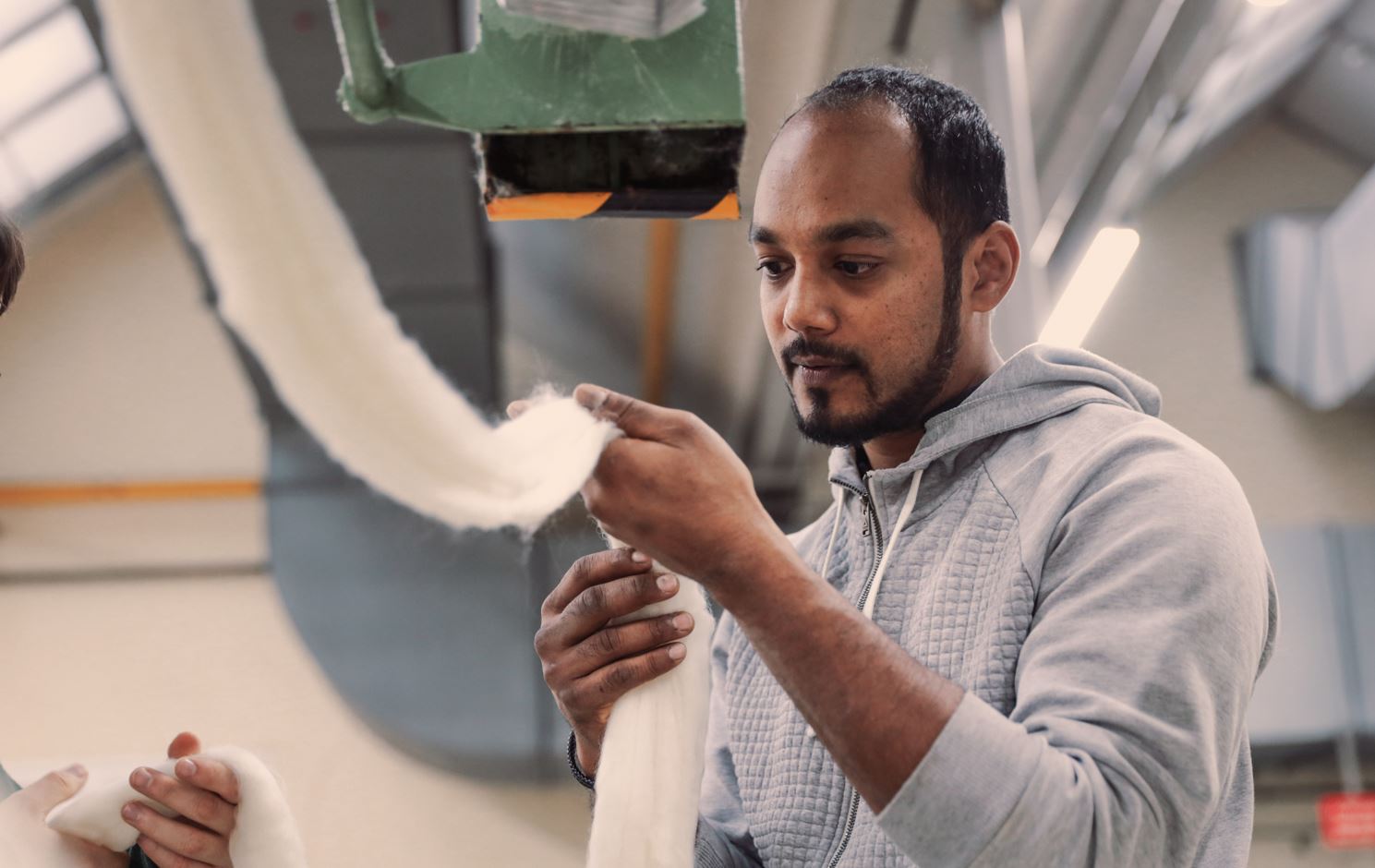
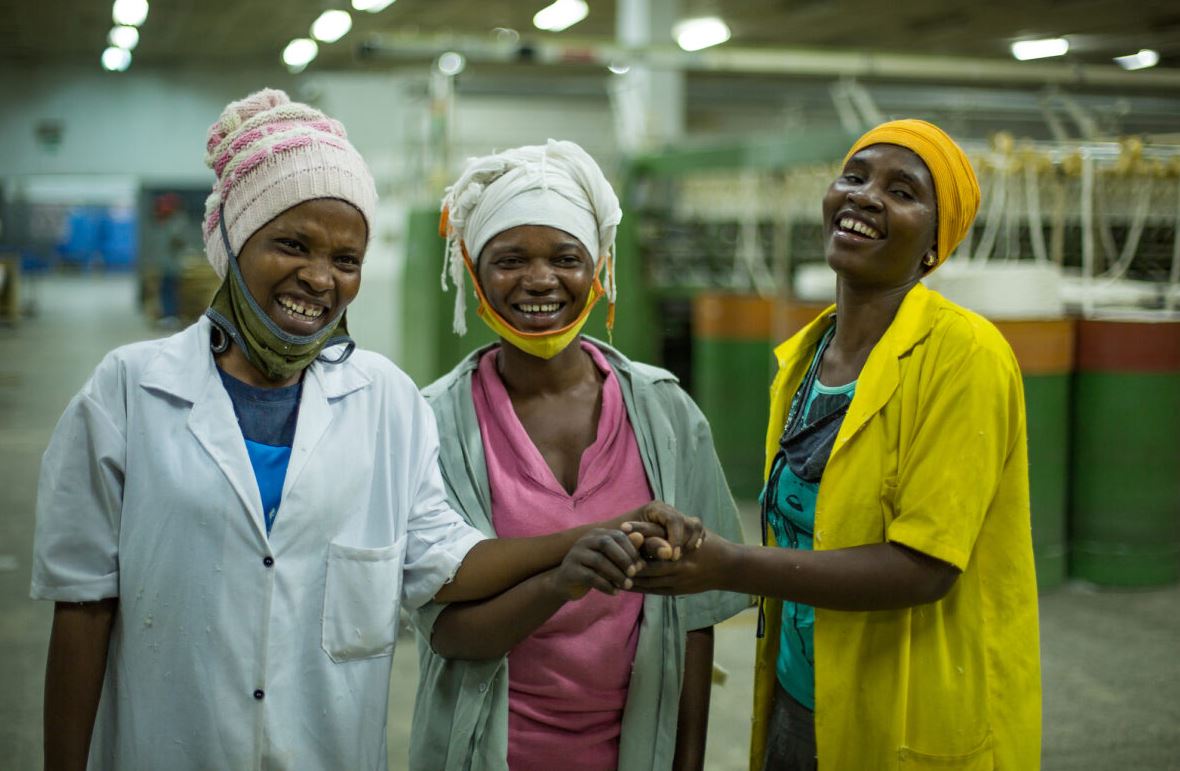
Human Rights and Social Criteria
The stringent GOTS criteria not only promote respect, dignity, and equality across the textile value chain. From prohibition of child and forced labour to gender equality, GOTS ensures well-being, safety, and fairness for all workers.
Environmental Criteria
The GOTS environmental criteria are a set of requirements that must be followed throughout the entire textile value chain to ensure the environmental sustainability of GOTS-certified products.


All Processing Stages
All steps in the processing, manufacturing and trading of organic textiles are covered by GOTS. Every company in this value chain must be certified to the strict environmental, human rights and social criteria in order for the product to carry the GOTS label. In this way, GOTS puts an end to greenwashing.
Traceability
GOTS guarantees an independent and gapless verification of a traceable and comprehensively certified product flow.
